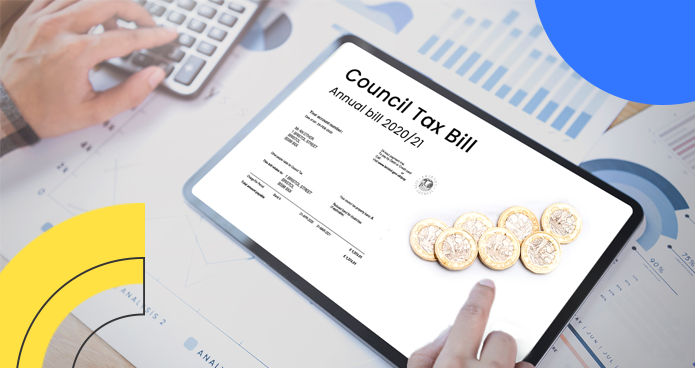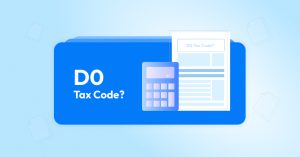According to the Freedom of Information Act, the data obtained in 2019 revealed that from over 280 councils more than £230 million sat unclaimed in 1.7 million closed or inactive council tax accounts across England, Scotland, and Wales.
If you have paid more than you owe at any stage, your council tax account will be in credit. If your account is in credit as a consequence of overpaying your Council Tax last year, you should have received a notification informing you of this and guiding you on how to seek a refund.
If you have not claimed the credit by 1 March 2021, it will be used to decrease the amount owed in 2020/21, decreasing your monthly payments.
Normally, this isn't an issue; in fact, because council tax is frequently paid in advance, you'll often be in the credit. However, this has become a problem for Self Employed taxpayers working from home, especially in covid time is because now the councils started to send out council tax bills, and there are so many OVERPAID taxes. However, it might be a problem if an account is closed while it is in credit, generally because you or another resident has moved out or someone in the property has died.
Here are some of the reasons why closed accounts can wind up in credit:
- If you have paid your council tax in advance, and your account is closed before the moment at which you have paid.
- You make the mistake of forgetting to cancel a payment.
- You obtain a retrospective discount, for example, if your property is rebanded.
You are most likely to be eligible if you moved out of a council or local authority area within the previous 26 years and did not pay by direct debit.
- If you relocated within the same local authority area, the council is more likely to have noticed your previous account was in credit and reimbursed you/lowered your bill at your new home, but you are more likely to be due if you left the region, especially if you did not provide a forwarding address.
- The majority of the councils said they attempt to return credit where feasible, and if your council has your direct debit information, this should have been simple. However, the great majority of councils that do try to return credit said they couldn't if you paid by anything other than direct debits, such as cash, standing order, or check.
To be explicit, there will be exceptions — people who have moved between local councils and/or paid by direct debit WILL be due as well. If that's the case, you'll need to decide if it's worth contacting your council in the first place.
How can I find out whether I'm due money and retrieve it?
The easiest way to find out if you're due any money - and reclaim it if you are – will depend on your local government, as each has distinct procedures.- Check to see whether your previous council has an EASY online claims form by just searching on google by typing ‘Council tax refund form’. Many council forms ask you for your previous council tax reference number. However, this will benefit you to discover you are OWED, and you will not need to do anything further to reclaim.
- Contact your city council by phone or email. Click here to check and find your local council and more information.
What do I do to have my credit returned?
If you wish to seek a return of the credit once your new bill has been issued, please contact your council as soon as possible. Your installments for 2020/21 will be adjusted to eliminate the credit, and a new bill with higher installments than the original bill will be delivered. An overpayment is a discrepancy between what you were paid and what you should have been paid (or an excess payment). Overpayments can be prevented if you notify the council whenever your circumstances change. Changes in circumstances impacting other individuals who reside with you must also be reported.
Source: https://www.moneysavingexpert.com/reclaim/how-to-reclaim-council-tax-credit/













